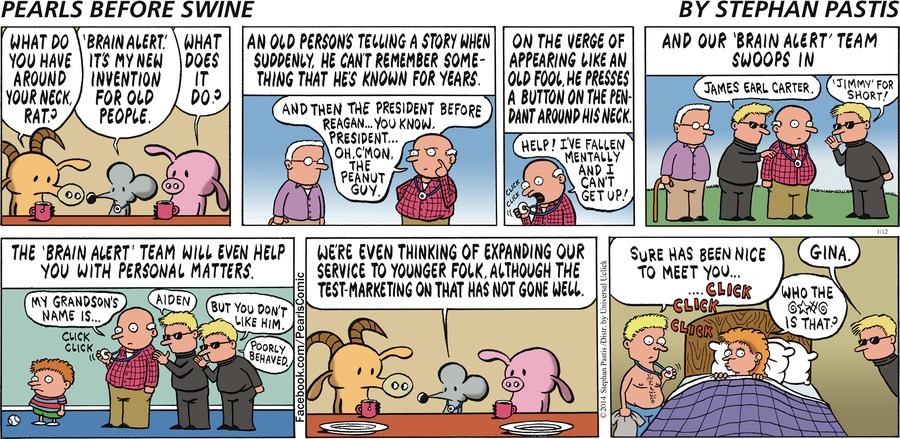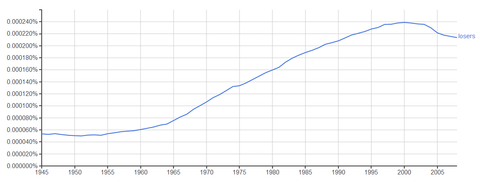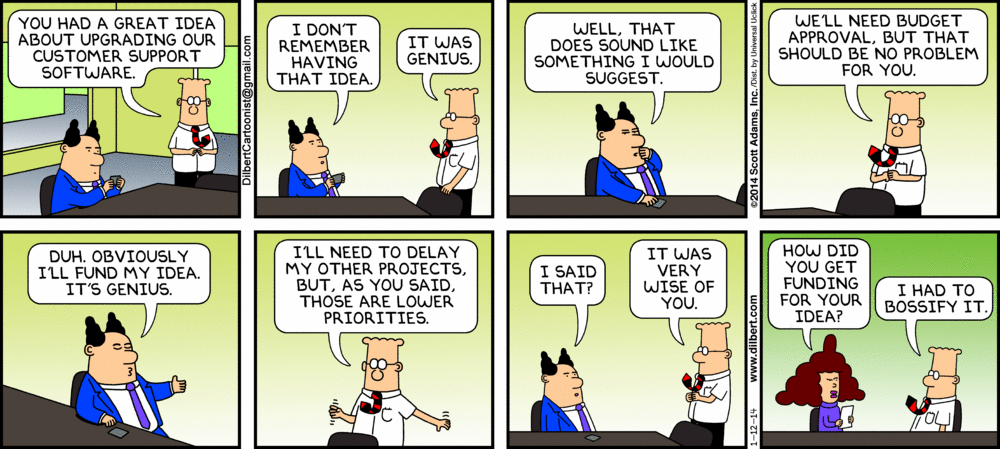Can it be true?
John McIntyre ("You have not seen it all yet", You Don't Say 1/17/2014) relays a correspondent's claim to have gotten this note from her college professor:
Look up Strunk and White (1918) for good rules on writing. Also, I recommend you do not use prepositions at the beginning or end of sentences their use does not reflect well on the writers.
I do not agree with you on your point and from now on I will mark you down if you use prepositions to begin or end ssentences as you have now been advised to do so. Once you get out of my class use them anywhere you would like.
Other people like Winston Churchill had the same thought as you when his editors made the same correction. Churchill said, "Ending a sentence with a preposition is something up with which I will not put." So you have good company of those who disagree with using proper grammar — or at least this rule in grammar.
Read the rest of this entry »






